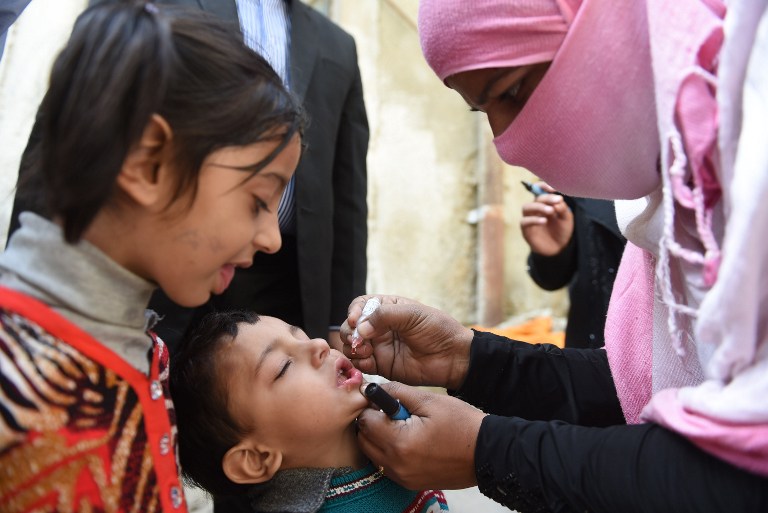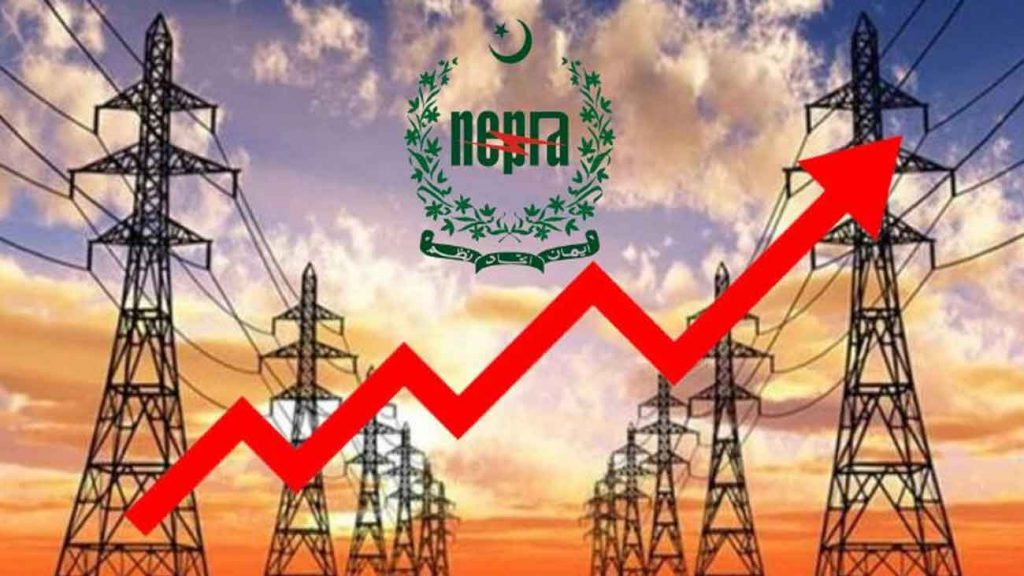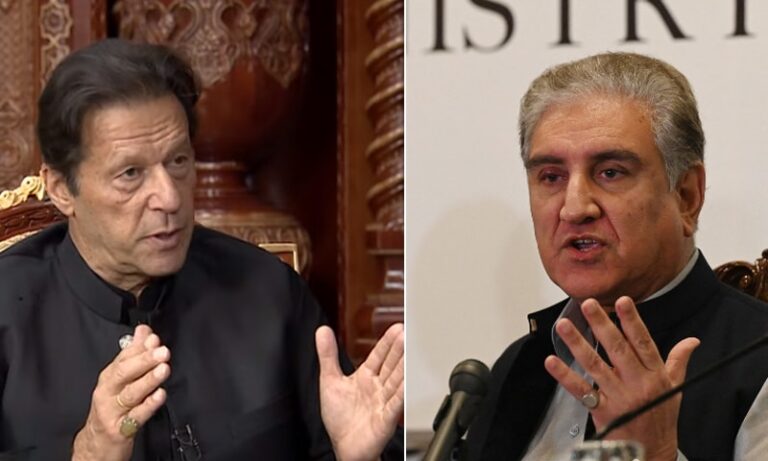Edtiorial
The recent drop in Pakistan’s ranking on the UN Human Development Index (HDI) is not just a cause for concern but a pressing issue that demands immediate attention. From a position of 161, the country has now slipped to 164 out of 193 nations. What’s more, only Afghanistan ranks lower than Pakistan among all the countries in the region. This decline in the HDI, which measures a country’s progress based on economic and non-economic factors, such as education and income indexes, is a stark reflection of the challenges faced by developing nations in the wake of the pandemic.
The world has broadly returned to pre-Covid levels of development, but the recovery is masking a widening gap between rich and poor countries. This is being termed a failure of collective action, as the rich country-poor country gap undoes decades of hard work. Suppose the global south continues to shrink while the north leaps ahead. In that case, the imbalance will not only plunge the former into political and social strife but also compromise vital commercial markets for the latter. Pakistan provides the perfect example of the political paralysis and social breakdown that is never far behind a cruel financial squeeze.
As the country’s small taxpaying segment is further squeezed to meet IMF conditions, the rich-poor disparity will stretch even further, within and outside the country. Given its minuscule reserves and large payments, the government cannot allocate nearly enough funds for human development. Therefore, rich countries must step in and help countries like Pakistan weather this storm.
The best bet for struggling countries is to obtain enough life support from the IMF and other IFIs to stay solvent. But since all such support now comes with very painful structural reforms, which mandate tight fiscal and monetary policies, small economies will continue to get smaller, and the gap between big and small countries will keep growing. The UN can do no more than raise alarms here and there. And of late, its warnings about climate problems, terrible damage from superpower and superpower-supported wars, and global financial imbalances are going unheeded.
The time for action is now. Allowing struggling countries to falter, particularly when the global economy is still in a fragile state, is not just a risk of capital market contagion and strain on global trade. It’s a potential catalyst for widespread social discontent and unrest, with far-reaching consequences. It’s imperative for the world to unite, bridge the gap between rich and poor countries, and ensure that no nation is left behind.
Please, subscribe to the YouTube channel of republicpolicy.com

















































